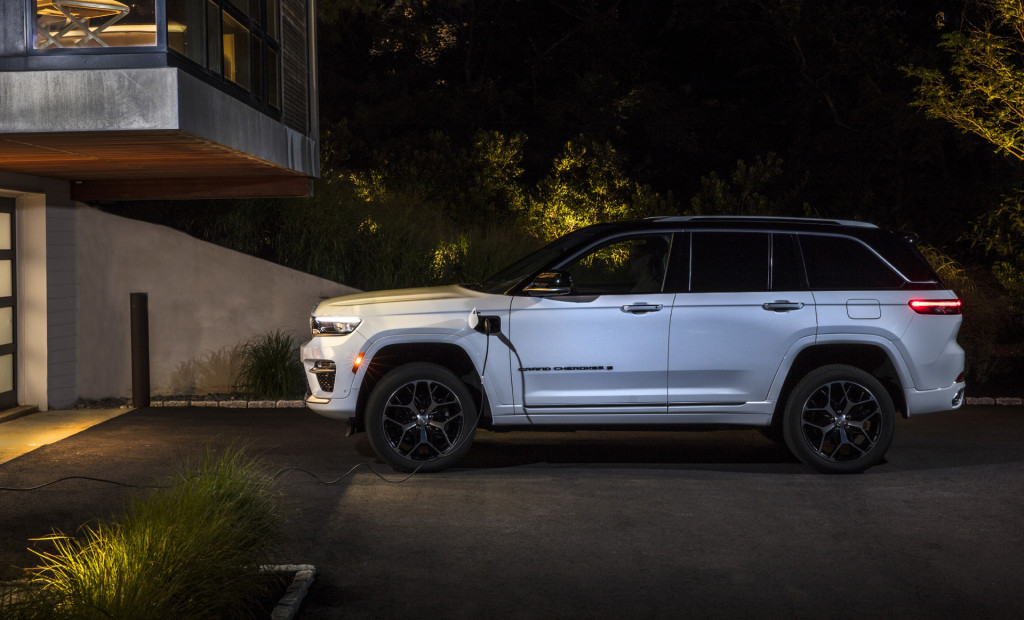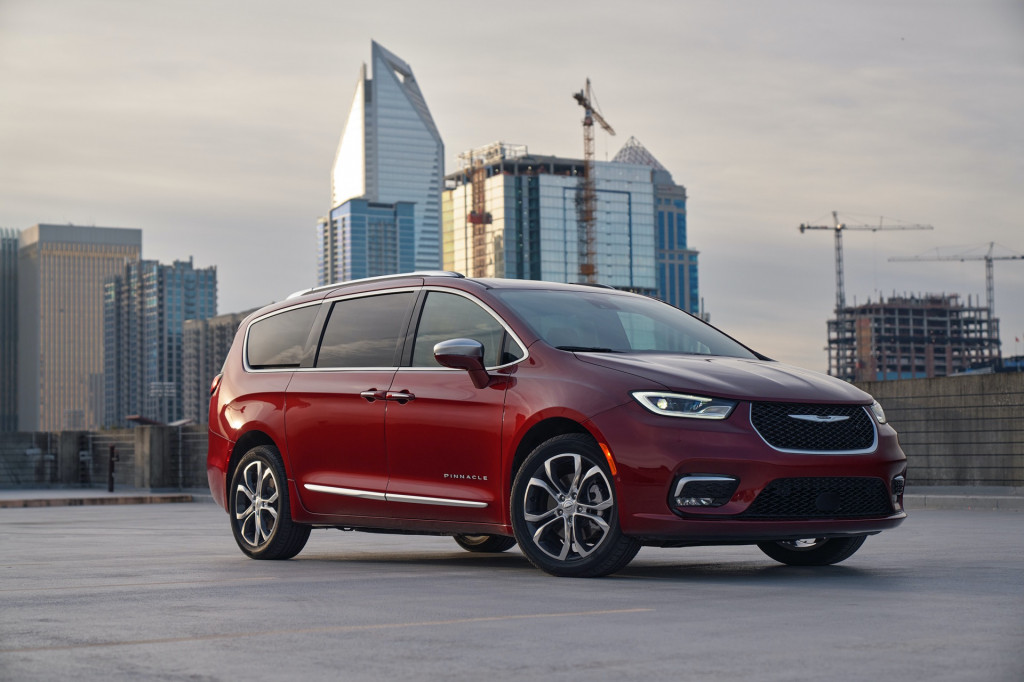The National Highway Traffic Safety Administration (NHTSA) has issued a rule reinstating higher penalties for automakers that fail to meet fuel efficiency standards, Reuters reported Sunday.
In its final days, the Trump administration delayed implementation of a 2016 rule that more than doubled penalties for automakers that failed to meet Corporate Average Fuel Economy (CAFE) targets starting with the 2019 model year.
Enforcement had already been delayed after automaker lobbying, triggering a lawsuit from California, which argued that this rendered the rules "meaningless."

2022 Jeep Grand Cherokee 4xe
The NHTSA's final rule, which takes effect 60 days after it is published, reinstated the higher penalties and increased them beginning with the 2022 model year. The NHTSA hasn't collected fines for model years 2019 through 2021 while the issue was under review.
Signed Thursday by Steven Cliff, the agency's top official, ahead of its formal publication, the final rule increases the fine from $5.50 to $14 for every 0.1 mpg a vehicle falls short of fuel economy standards, multiplying by the number of noncompliant vehicles sold. That increases to $15 for the 2022 model year.
The NHTSA estimated that for the 2019 model year, automakers would owe $294 million under the new rate, up from $115.4 million before, and said automakers that made plans for model years 2019-2021 "thinking that penalties would not increase did so at their own risk," Reuters reported.

2022 Chrysler Pacifica
Stellantis on Sunday said it would “like to work with the administration and Congress to allow the agencies to use the proceeds from penalties to bolster investments in the technologies and infrastructure required to accelerate a robust U.S. market for EVs," according to Reuters.
That's an interesting idea from an unlikely source, as Stellantis predecessor Fiat Chrysler Automobiles (FCA) relied on purchasing emissions credits to avoid penalties.
Speaking of credits, Tesla could be a major beneficiary of the tougher rules. A recent analysis suggested that Tesla could get a "lucrative revenue stream" from credit sales, given the Biden EPA standards. Such a change to fines could drive the price of credits even higher.












